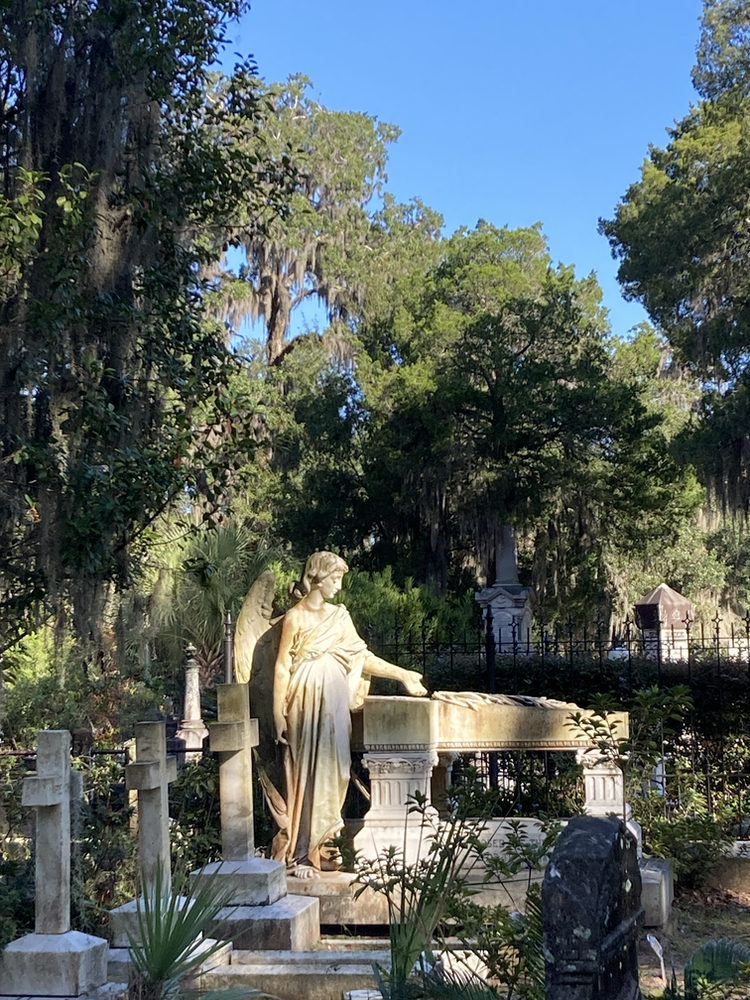How much of my life is shaped by choice—and how much is an illusion of control?
Twice I didn’t act upon his invitation. I had no idea the second time was my last chance. Then he died. We make countless decisions every day. Some seem trivial and some seem important, but often it’s only clear in hindsight. Some prefer to make choices sooner; Some prefer to delay. And even when we choose to not decide, that’s still a kind of choice. My journey is affected by every choice, but I’m not convinced that it is controlled by my choices.
Being quiet and slowly building mastery and expertise doesn’t pay off much at first. So many creatives must make a calculation: Do I want the short term, could-go-viral-at-any-second thrill of being a vocal expert in my field? Or am I more content playing the long game? More people are incentivized to choose the former — and it’s getting crowded in here.
~ Sean Blanda, from The Creative World’s Bullshit Industrial Complex
It’s a trap for creatives to believe there might be a short-term payoff. There is no short-term payoff. It exists only in the sense that car accidents exist: Yes, but we don’t hope for that. We don’t set out trying for that. We are not in control.
The line it is drawn, the curse it is cast
~ Bob Dylan
The slow one now, will later be fast
As the present now, will later be past
The order is rapidly fadin’
And the first one now, will later be last
For the times they are a-changin’
The challenge for me is to live with the significant decisions which I treated as trivial. It doesn’t occur to me that my automatic urge to begin the next thing, is actually a choice. There are also countless moments where better choices would be a gift to my future self. Instead, I don’t notice and my illusion of control persists.
In the Greek story of Sisyphus, the king was condemned for eternity to move a massive rock up a hill but never reach the summit. Albert Camus famously saw it as a parable of the human condition: Life is meaningless, and consciousness of this meaninglessness is torture. This is how I’d remembered Camus’ essay The Myth of Sisyphus, which describes an afterlife as devastating as that of Prometheus having his liver pecked out by an eagle anew every day. But when I reread it recently, I was reminded that for Camus, the king isn’t entirely tragic; he has some power over his existential predicament. Once he grasps his fate—“the wild and limited universe of man”—Sisyphus discovers a certain freedom; he gets to determine whether to face the futility of it all with joy or sorrow.
~ Gal Beckerman, from A Case for Sisyphus and Hopeful Pessimism
I can’t say if I’ve yet grasped my fate. Some days I’m lost in joy. On others I’m lost in sorrow—or worse, despair. Did I choose all of this? Did I choose any of this? And on rare, precious days, I see the freedom of Sisyphus.
Against the passions we must fight by main force, not by logic-chopping; the line must be turned by frontal attack, not by pinpricks. Casuistry will not do, for the adversary must be smashed, not scratched
~ Fabianus
There are, after all, only so many hours in the day. Our choices (or our defaults if we don’t choose) end up determining the quality of our lives.
Remember we employed a visual to help us understand this. We said that the Dream is like a tree in the middle of a sunny meadow. The tree casts a shadow.
~ Steven Pressfield, from Writing Wednesdays: Gotta Do It
I find Pressfield’s metaphor striking. The tree in the meadow casts a real shadow. I was struck by the layers in this metaphor: light and darkness, the singular clarity of lone tree in an open space as a symbol of a life’s purpose, the proportional relationship of the larger the tree the larger and darker the shadow, and that one’s ability to avoid or at least escape the shadow is a choice we make.
Stick to what’s in front of you—idea, action, utterance. This is what you deserve. You could be good today. But instead you choose tomorrow.
~ Marcus Aurelius
Thinking I was helping, I used to choose to rush into drama. I’ve learned it’s not actually fun to rush in. Rushing—doing something quickly, at the cost of doing it well—is never the right choice. Worse, I was usually rushing into drama I created.
Life is about tradeoffs. When we know what to say no to, and we know why, we can say yes with comfort and confidence to the things that matter. To the things that last. Work, family, scene. You can have two if you say no to one. If you can’t, you’ll have none.
~ Ryan Holiday from, Work, Family, Scene: You Can Only Pick Two
There was a time when I didn’t choose. A few times when I’ve chosen scene. And a couple decades straight where I chose just work. Each was interesting for a while. But none were ever truly fulfilling. These days I’m choosing balance more often.
My journey is affected by every choice. And I’m convinced I’m not in control.
Until next time, thanks for reading.
ɕ
